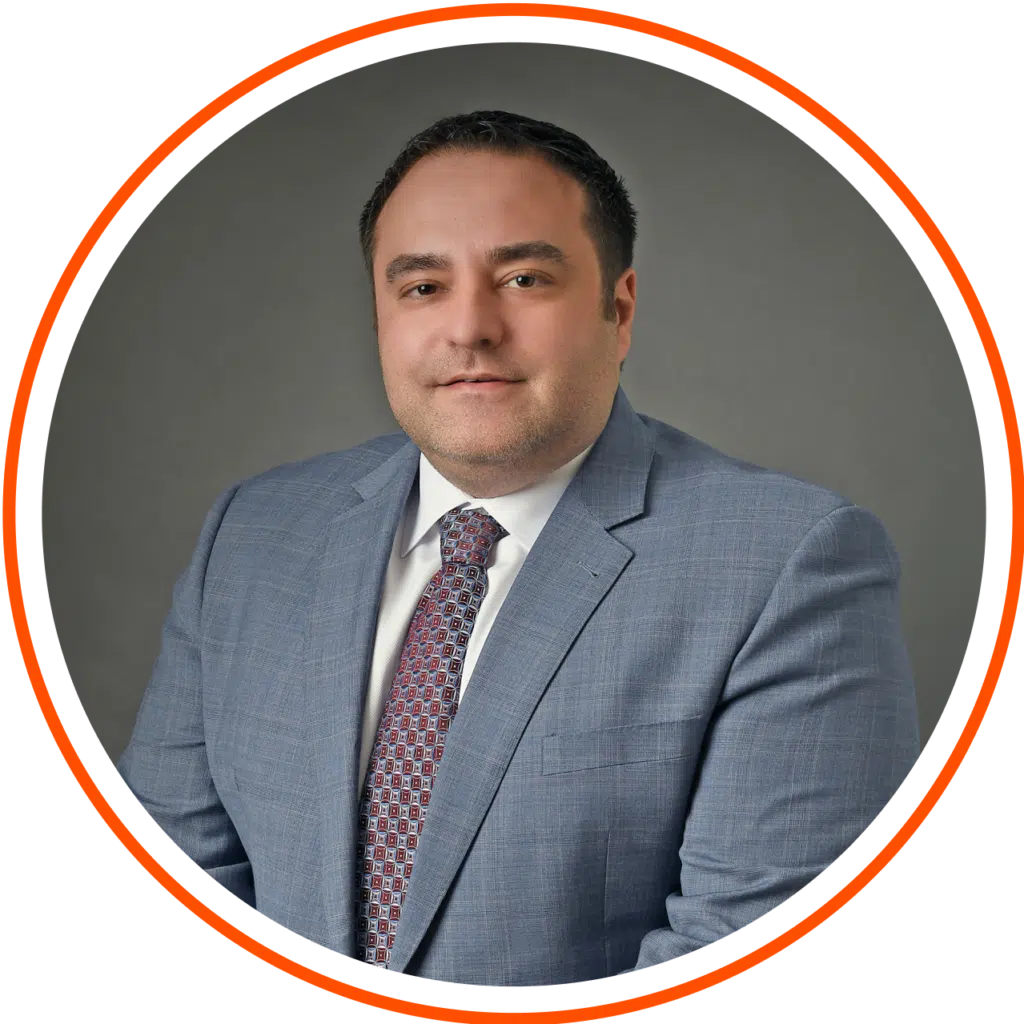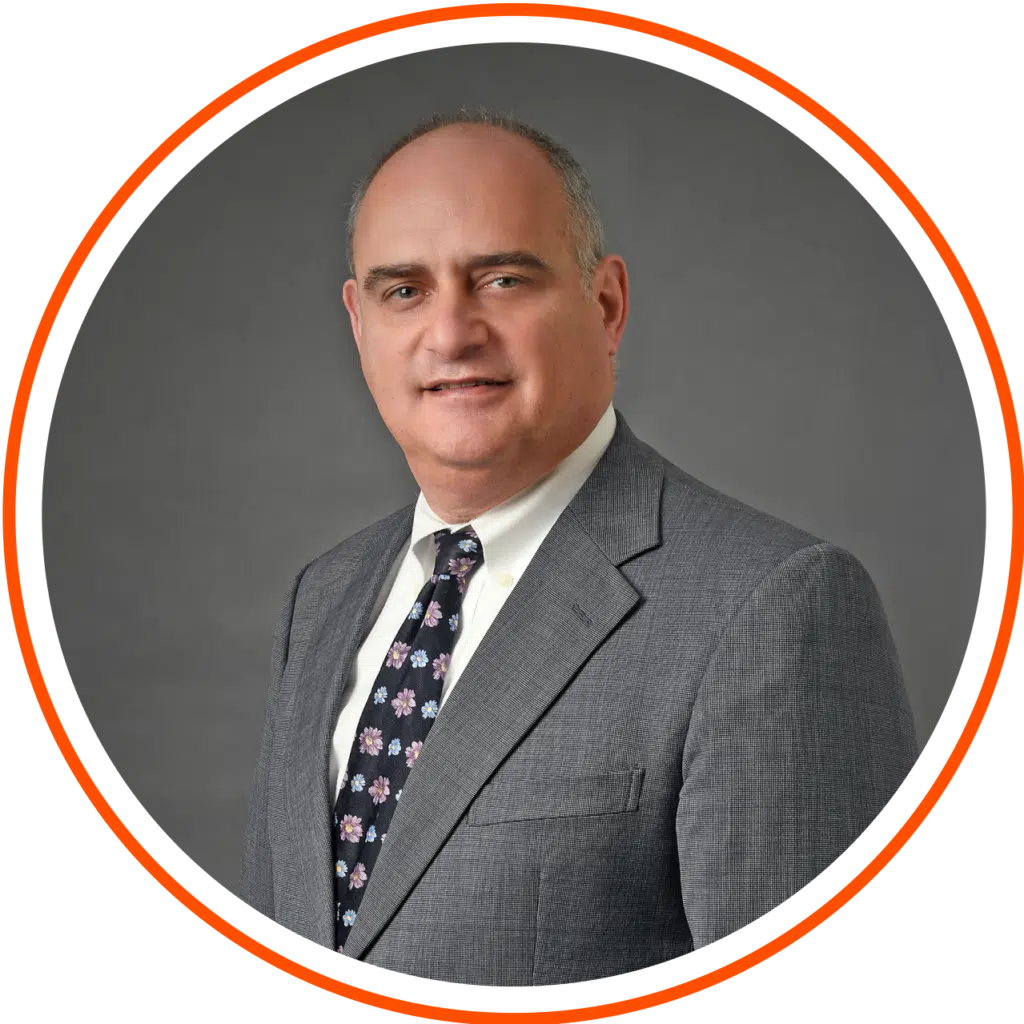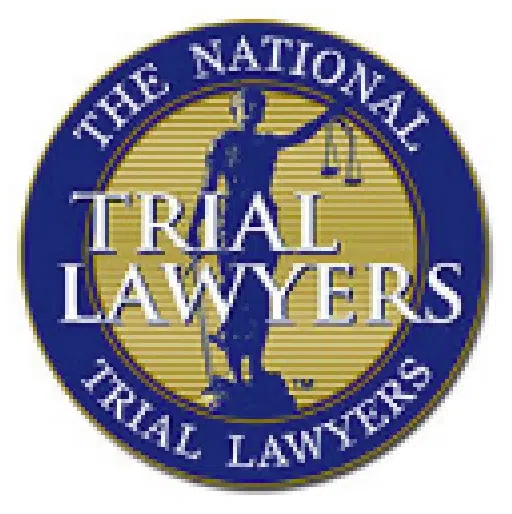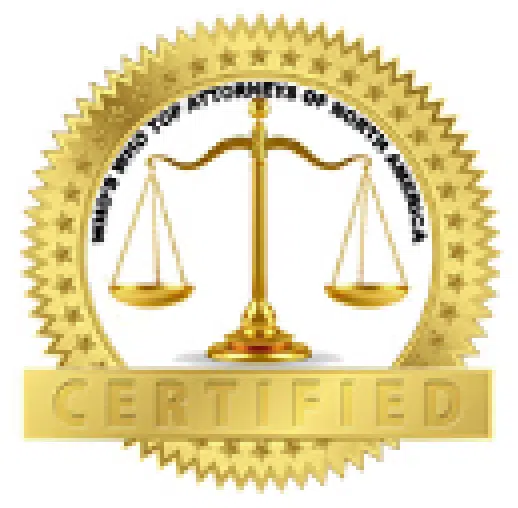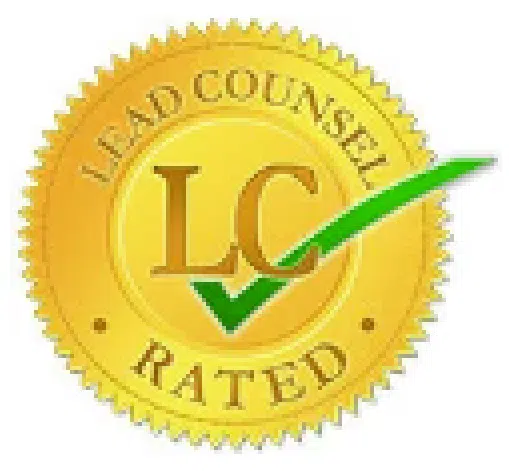New York legislators have slugged away trying to pass The Grieving Families Act. The bill seeks to improve the state’s wrongful death laws on behalf of working-class families. The wrongful death attorneys at Chopra & Nocerino believe it would be a grand slam for the citizens of New York. However, a string of vetos by Governor Hochul means the fight to modernize New York’s wrongful death laws continues.
Headlines in recent months may have you wondering, “What is The Grieving Families Act?” It is part of a decades-long effort in New York to modernize the state’s wrongful death laws. It seeks to improve the financial recovery available to loved ones suffering from the emotional impact caused by the wrongful death of a family member. However, Governor Hochul has prevented The Grieving Families Act from becoming law despite support in two recent New York legislative sessions.
As committed advocates for victims of wrongful death, Chopra & Nocerino is a strong supporter of The Grieving Families Act. Our firm understands that money can never make up for the loss of a loved one. However, wrongful death lawsuits represent an important legal avenue that helps grieving families get back on their feet and hold responsible parties accountable for their actions. Read on to learn more.
The Current State of New York’s Wrongful Death Law
In New York, a wrongful death lawsuit is brought by the legal representative of a deceased person’s estate seeking compensation from the parties responsible for the death of another. Currently, the governing statute only allows for the recovery of “pecuniary injuries,” more commonly referred to as economic damages. Common examples of economic damages include medical bills and the value of lost wages.
Though families may also recover compensation for the conscious pain and suffering of the decedent caused by their fatal injury, they cannot recover for their own emotional anguish caused by the loss of their loved one. In other words, from the perspective of surviving family members, New York quantifies the value of human life based purely on things like a person’s career and earning potential.
One effect of this is that it disenfranchises low-income families and severely limits compensation for those grieving the death of family members who do not work, such as children and stay-at-home parents. This is unacceptable.
The Grieving Families Act would expand the damages available in wrongful death lawsuits to include non-economic losses. The Act would also amend and clarify other important aspects of wrongful death claims in New York. For example, it would extend the statute of limitations and expand the list of relatives who qualify as “close family members” eligible for compensation.
Batting Below Average: How New York’s Wrongful Death Law Compares to Other States
New York’s wrongful death laws have not kept up with other nearby states that offer more comprehensive relief to surviving family members. As noted in a proposed version of the bill, “forty-seven other states compensate family members for emotional loss,” including many neighboring states and states comparable in size to New York. These include:
- California
- Connecticut
- Florida
- Illinois
- Maryland
- Massachusetts
- Rhode Island
- Virginia
Strike One: Governor Hochul’s First Veto of The Grieving Families Act (Senate Bill S74A)
In the 2021–2022 legislative session, Senate Bill S74A passed in both the New York Senate and House. The bill would have:
- Lengthened the filing deadline for wrongful death claims by one year and six months (it is currently set at two years from the date of death).
- Expanded recoverable damages to include non-economic losses, such as grief, anguish, loss of companionship, and loss of nurturing the decedent would have provided to their children.
- Expanded filing eligibility to “surviving close family members,” including spouses, domestic partners, children, parents, grandparents, step-parents, and siblings.
However, Governor Hochul vetoed this version of The Grieving Families Act in early 2023 for several reasons. She objected to the:
- Broadness of the definition of “close family members” who could receive compensation.
- Potential for confusion caused by the listed categories.
- Retroactive application of the bill to pending wrongful death claims.
- Impact the bill would have on businesses through increased insurance premiums.
Strike Two: Governor Hochul’s Second Veto of The Grieving Families Act (Senate Bill S6636)
In an effort to compromise with Governor Hochul, legislators made significant changes to the proposed text in Senate Bill S6636. They passed a new version in June 2023 with the following adjustments:
- Shortened the proposed statute of limitations from three years and six months to three years.
- Broadened the definition of “close family members” to include foster children, step-children, step-grandchildren, step-grandparents, and persons acting as a parent to the decedent.
- Narrowed the retroactivity of the proposed amendment so it would apply only to wrongful death claims that accrue after July 1, 2018.
In a recent op-ed, Governor Hochul voiced her reasons for a renewed veto. They largely boil down to vague concerns over the potential for unintended consequences in New York’s insurance and health care industry.
She also proposes two changes to The Grieving Families Act that would blunt its intended benefit to families in pursuit of meaningful compensation for wrongful death. First, she recommends that damages for emotional losses only be available to the parents after the wrongful death of a minor. Second, she recommends that the bill exclude medical malpractice claims, shielding medical providers from accountability for the non-economic losses caused by wrongful death.
Calling Foul Ball Over Governor Hochul’s Concerns
Is strike three imminent? From our perspective, though Governor Hochul’s grievances may sound credible, her professed worries over the “significant impact” on the insurance and health care industries are exaggerated and unfounded.
Results from Illinois’ change to its wrongful death laws suggest that the proposed changes in New York would have an effect opposite to those suggested by the Governor. According to data from the National Association of Insurance Commissioners pulled by Times Union, when Illinois expanded available compensation in wrongful death lawsuits:
- Incurred losses in the state dropped by 17 percent.
- Premiums paid by doctors declined by 18 percent.
- The number of carriers offering medical malpractice insurance in the state increased by 28 percent.
This data suggests that establishing more accountability for wrongful death increases awareness and leads to better practices in health care and other fields.
In any case, we believe any negative impact on insurers is worth compensating grieving families for the loss of their loved ones suffered at little to no fault of their own, especially if it means ensuring that all families are compensated equitably. As it stands, the current law unacceptably favors wealthy families over the working class.
The Grieving Families Act Would Be a Home Run for the Citizens of New York
As noted in one of the proposed versions of The Grieving Families Act, New York’s wrongful death statute is over 175 years old. Amending it is critical to ensuring that family members of wrongful death victims are meaningfully and equitably compensated—regardless of how much money flows into their bank accounts.
We appreciate that the New York Legislature keeps swinging to improve our state’s wrongful death laws despite objections from the Governor. You can join the conversation by contacting your state representatives and voting.
As the fight continues, the wrongful death attorneys at Chopra & Nocerino remain unwaveringly committed to securing justice for individuals and families harmed by the negligence of others. If you lost a loved one in an accident caused by someone else’s carelessness or recklessness, do not wait to take legal action. Schedule your free consultation by calling (855) NYC-HURT or filling out our online contact form.

